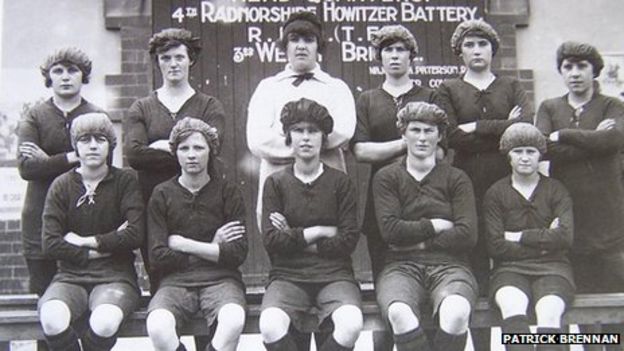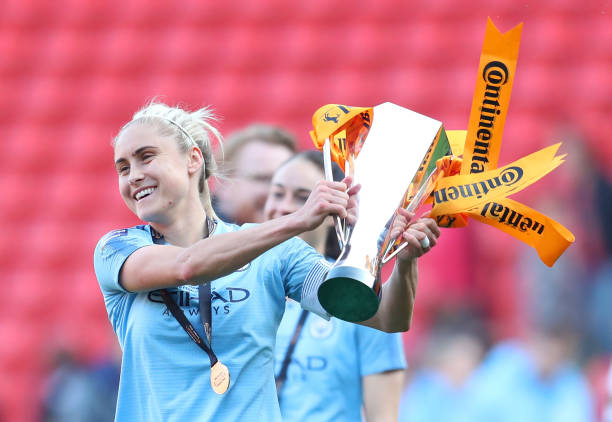2Malcolm Gladwell explained in Outliers why talent is not what takes a person to the top. He shows that where you come from and when you’re born is just as important, but his theory also translates across gender lines and helps explain why women’s football still struggles.

That, and the FA banning the game for 50 years.
Let me explain…
From she could walk she was trying to kick a football. As she grew independent enough to be allowed outside with her peers, she was on the streets playing football until her mum would shout that it was time to come in for dinner. Then followed a competition to stuff the food into her face as quickly as possible to get back out on to the streets to play football again. It didn’t matter if 20 boys were playing or just one, all she wanted to do was play.
At primary school, Sarah wasn’t allowed to play in actual games so amused herself playing during break and lunch. Her friend, David, wasn’t anything special with the ball at his feet, but because he was male, he was afforded the chance to play in a team and learn about the game at a slightly deeper level. He got to play more and when he talked about football adults engaged with him. Some encouraged and challenged him, others praised his ability. When Sarah spoke about football, most adults humoured her or thought it ‘cute’ that she was trying to talk about what was clearly a ‘man’s game’.
When it was time to go to secondary school, Sarah was sent off to an all-girls’ school. Although it was academically superior to the school David joined and had a healthy and extensive sports programme, football was not on offer. This was 1986. Girls didn’t play football then.
David, however, went to a school that had a decent football team and he was quickly on the fringes of it. Although still not anything spectacular, he was willing to work hard and coaches started to offer him places in sessions after school. He started to develop the technical side of his game and, by the end of the first year, after he had extra coaching while Sarah hasn’t even kicked a ball, a cavern emerges between the perceived footballing ability of the pair who were identical just 12 months earlier.
These two people don’t actually exist. They are a composite of people and situations I knew growing up but the story is a clear example of how some men go on to be superior when it comes to playing football and why, as a result, we continue to feed the circle that keeps this inequality in play.
We can point to puberty and the release of hormones as one reason many people think men are better at football than women (and I realise that’s a massive generalisation, most men won’t be anywhere near as good as women who play the sport professionally) but that would merely explain why men are stronger than women. The ability to control a football and make it move where you want it to in a way that you determine is a learned skill. It doesn’t depend on what hormone is in your system or what genitals rest between your legs.
The simple reason the women’s game has not reached the same level as the men’s is because it is not taken seriously enough and the media claim there isn’t any interest. Boys are regularly offered opportunities denied to girls, they are encouraged to play football when girls are discouraged. These things matter, small as they are.
When they combine, they result in a massive distortion.
But it wasn’t always like this…

